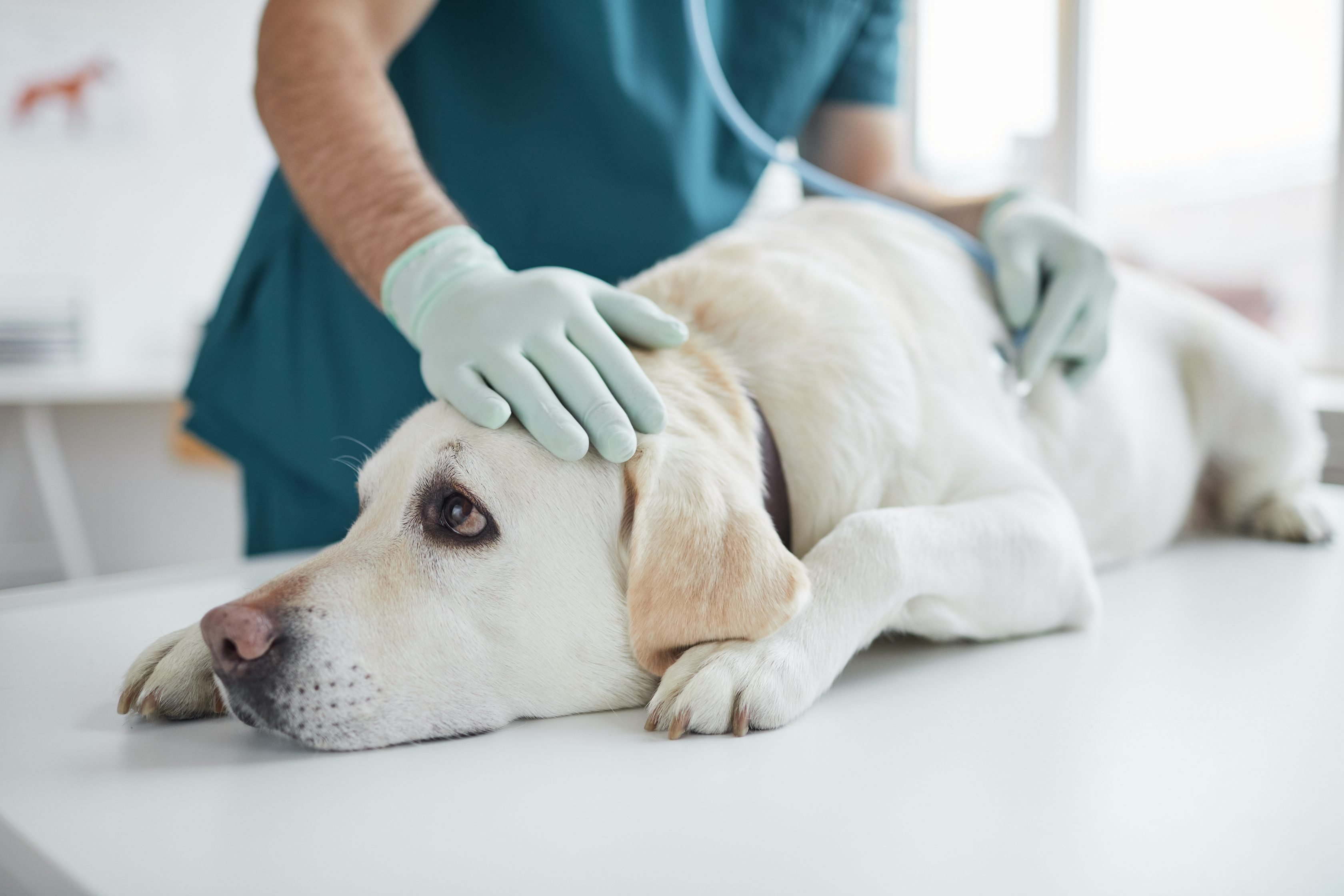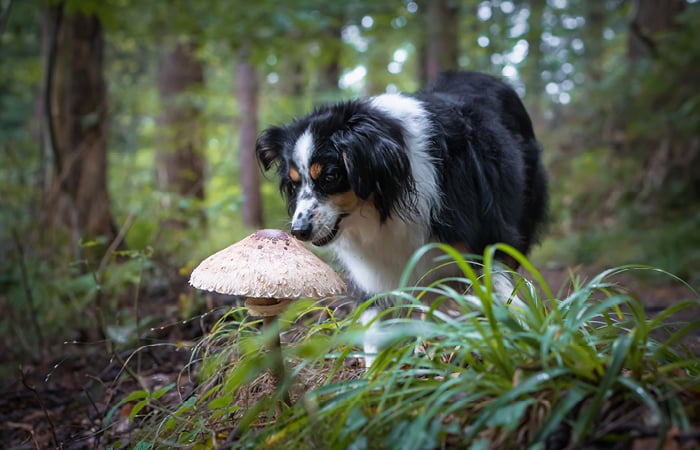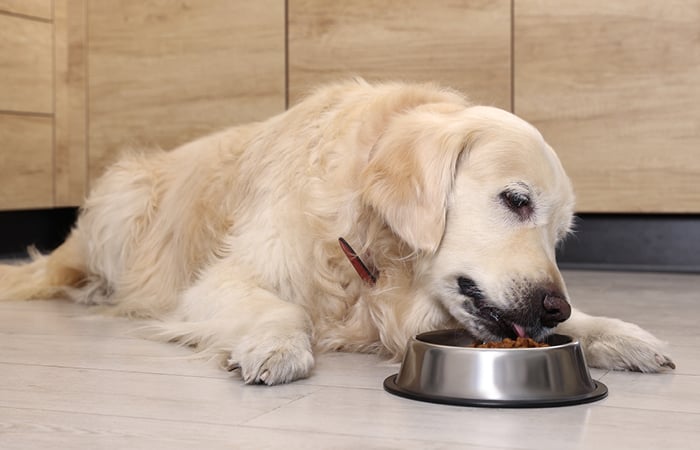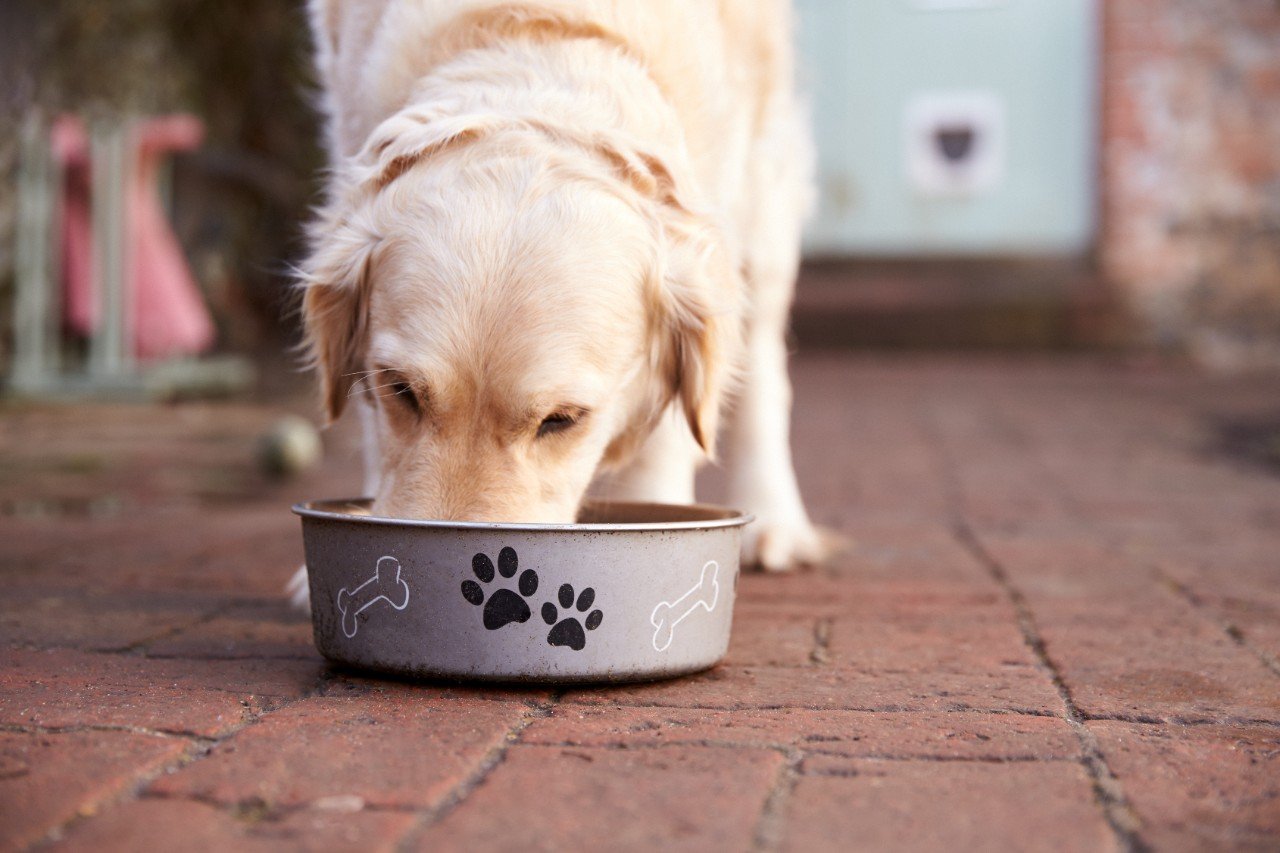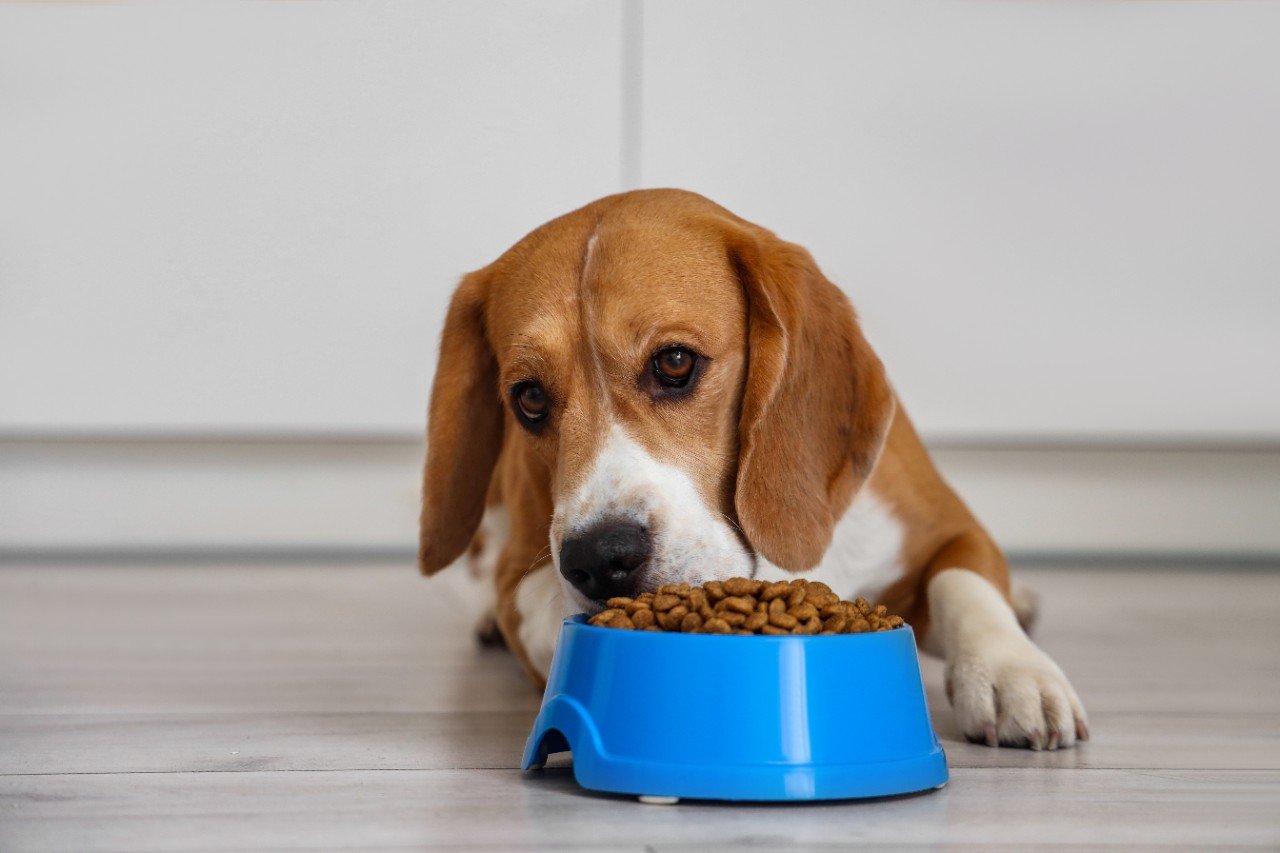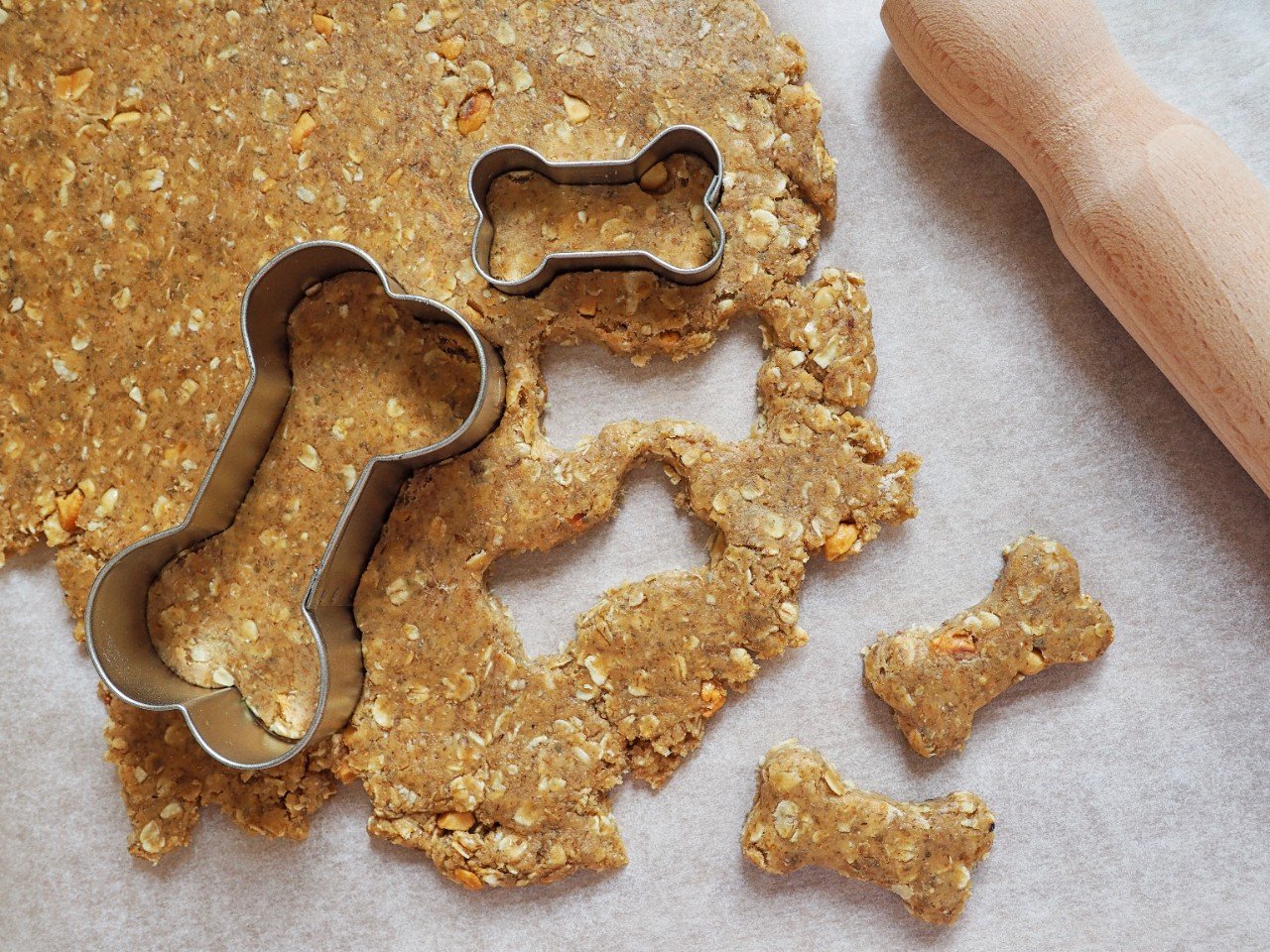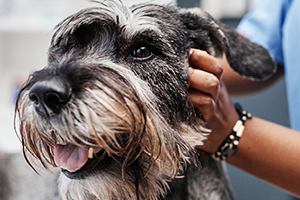If you’re worried about any blood in dog stool, it’s always best to speak to your vet for advice. They’ll be able to run tests, check your dog’s overall health and determine the cause.
Use this breakdown to help decide if it’s an emergency or not:
Dark, tarry stool: Treat this as an emergency, especially if combined with vomiting, pale gums or lethargy.
Bright red blood: Small amounts are usually not urgent but keep an eye on your dog and contact your vet if it persists. Larger amounts of bright red blood, especially when combined with diarrhoea, should be treated as an emergency.
Streaks of blood and a jelly-like mucus: Usually not urgent unless it’s frequent and paired with other symptoms, but you should schedule a vet exam as soon as possible.
You know your dog best, so if you’re worried, it’s always a good idea to speak with your vet for tailored advice.

